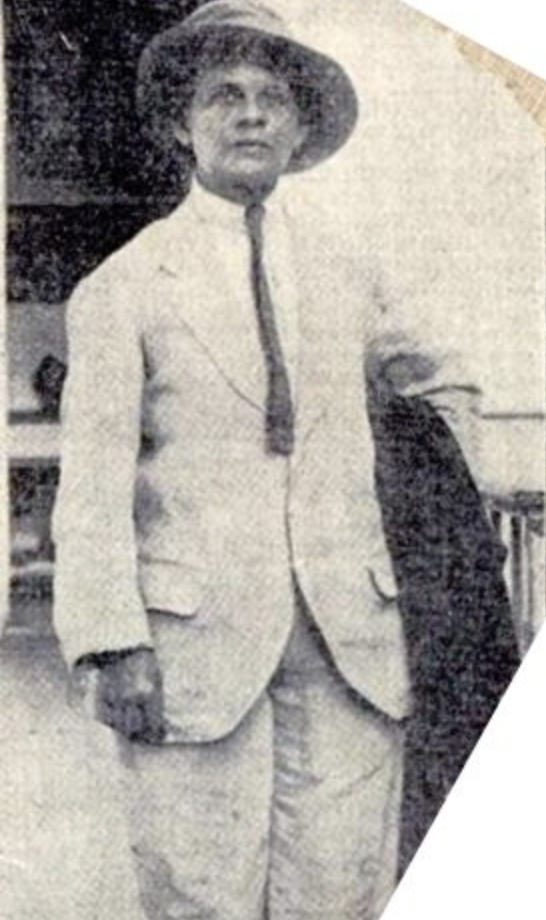Long Distance Server Relations
Neuza
Hardware
- Raspberry Pi 4 (model B – 4GB RAM)
9 feb
I'll be (unexpectedly) relocating to Lisbon in a few weeks, which forced me to look at this project from a different angle — something portable, that can travel with me? something that reflects the present moment? that can stay relevant? como pensar em comunidade enquanto se está em transição?
- small/handmade web - workshop server (free?)
- community spreadsheet host
- a memory carrier for the things I'm leaving behind?
- make a room? a reading room?
20-23 feb
-
Reading room
Reading list:
- https://www.e-flux.com/architecture/loudreading/
- https://www.e-flux.com/architecture/loudreading/608141/an-architecture-of-unruliness/
-
https://loudreaders.com/Introduction
——————————————-——————————————-——————————————-——————————————-
The Loud-Reader (or Lector de Tabaquería) was worker-led educational and cultural practice that emerged in the 19th century, particularly in the cigar factories of Cuba, Puerto Rico, the Dominican Republic, and parts of Florida and New York. It was a form of collective knowledge-sharing, self-education, and political consciousness-raising.
Origins and context:
• The practice began in the mid-to-late 1800s when cigar factory workers, engaged in long and repetitive tasks, hired one of their own (often through pooled funds) to read aloud to them during the workday.
• This tradition spread across the Caribbean and into exile communities in the U.S. as workers migrated.
• The readings included newspapers, political texts, novels, poetry, and even letters, exposing workers to a wide range of ideas.
• It became a way for workers—many of whom had limited formal education—to engage with literature, politics, and global affairs.
Impact:
• Radical Education: It played an important role in developing workers' literacy, critical thinking, and awareness of labor rights.
• Labor Movements: Readings often included socialist, anarchist, and other revolutionary texts, contributing to labor organizing efforts.
• Cultural Resistance: It was a means of preserving oral traditions and fostering a collective intellectual life among workers.
• Censorship & Repression: Due to its role in labor organizing, the practice was sometimes banned, particularly by factory owners fearing radicalization.
Luisa Capetillo <3
**Luisa Capetillo** (October 28, 1879 – April 10, 1922) was one of Puerto Rico's most famous labor leaders. She was an [anarchist](https://en.wikipedia.org/wiki/Anarchism "Anarchism") writer, activist, labor organizer who fought for workers' rights, [women's rights](https://en.wikipedia.org/wiki/Women%27s_rights "Women's rights"), free love, and human emancipation. (wikipedia) \
NOTES:::: Early example of peer-led education, democratized knowledge, worker autonomy. Represents a model of mutual aid in learning, where knowledge is collectively accessed and shared; community reading groups, radical libraries, alternative education movements (paulo freire?)
So:
- Digital reading-room/library that embodies ideas of collective learning and shared knowledge?
- local library you need to go to the space to interact
- Inspired by the Loud-Reader practice, where texts were read aloud to workers.
- Repository for Radical texts, exercises and interactive learning
- Accessibility, community engagement, self education
- in portuguese ***** been thinking about language and culture. trigger: (https://vm.tiktok.com/ZNdJjwCFF/) and https://onlinelibrary.wiley.com/doi/10.1111/1467-8675.12470 - chapter 3 - LANGUAGE(S) OF THE LAND)
Wondering:
Library: collection of texts (public domain, creative commons, self-written materials?)
Exercises: prompts, reading reflections, discussions guides
Listening room: a section for audio readings?
Community contributions?
How can people interact with it? locally/online?
Recreate a oral reading-room experience? how?
translate the principles into a digital space for shared study?
pirate library?
Next steps:
- flash YunoHost and install it (will be done beginning of March :( I'm moving countries, and need to adapt a bit
- set up local domain?
- configure access (still thinking if I want it to be online or local only)
- App: nextcloud? look into more options that will be good for this project
- Curate a small collection of texts (public domain, pdfs, html pages)
-
Set up a read-aloud option? how? (TSS tool maybe?) recordings? small readings?
24 feb
Technicalities & thoughts — later in the week
- Maybe is best to do 1 text at the time (as it will have to be translated to portuguese)
- Install YunoHost and set up NextCloud
- Configure RP to work as a loval server (wi-fi or LAN access)
- homepage (very simple static, or CMS) introducing the current text, materials and reading schedule?
- Record readings and upload MP3 files to nextclould for access later for archive
- Free access to archive
- Organize the in-person readings
- Add space for poeple to leave voice reflections and discussions maybe?
- If I go with 1 text at the time I should have the original text, the translation (if needed) and related materials (historical, contextual, audio…)
- Decide on a rotation schedule
- Local only
- Interface: static website (HTML/CSS) that people can access via their browser — this option doesnt let users interact with the server :(
- Nextcloud based: file sharing with 3 folders or so; markdown file; access via nexcloud interface